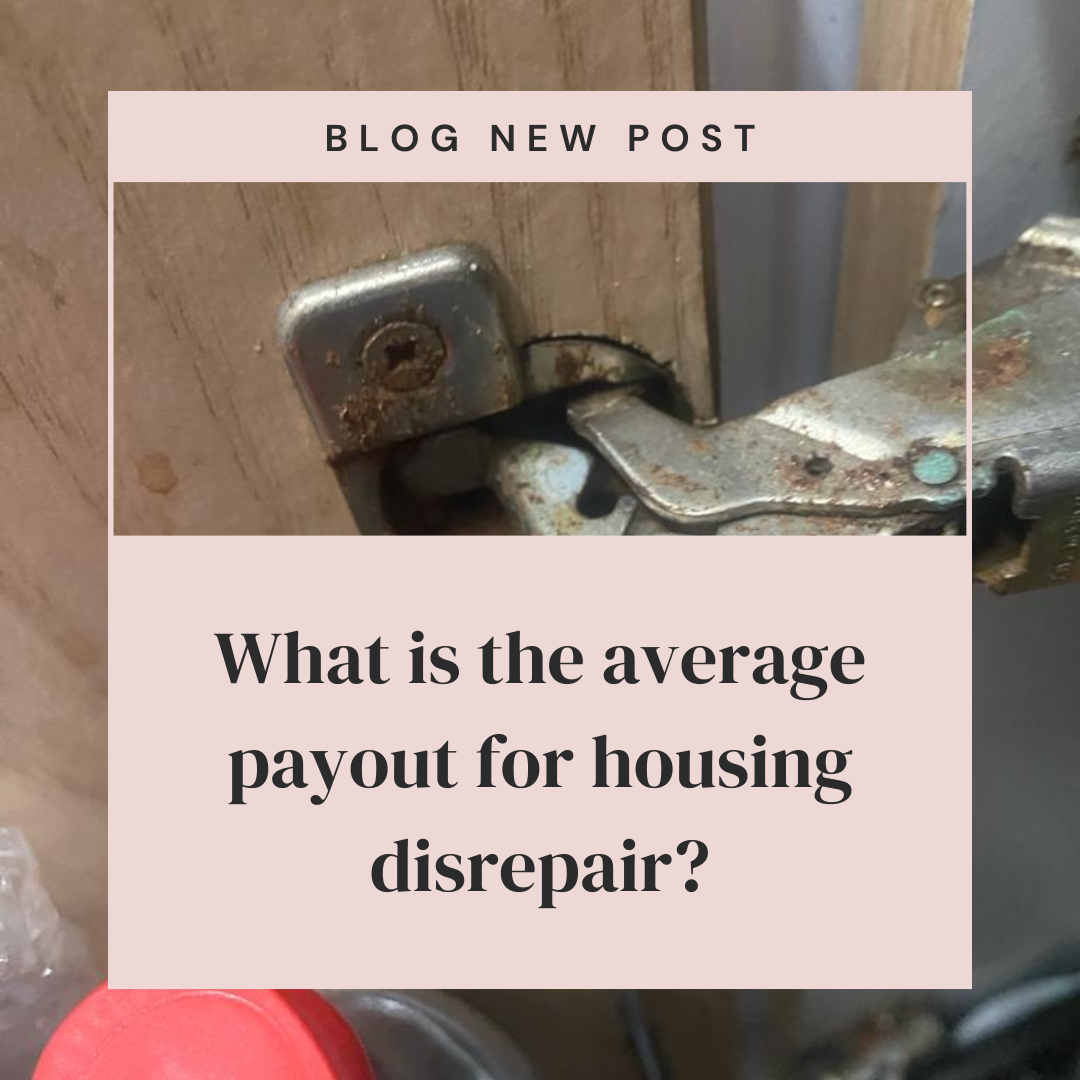What are special damages in housing disrepair?
What are special damages in housing disrepair?Are you a social housing tenant in England or Wales facing issues with the condition of your home? Understanding your rights and legal options regarding housing disrepair is crucial. Special damages are a key aspect that tenants should comprehend to ensure proper resolution and compensation for property issues.
Special damages, in the context of housing disrepair, refer to the specific financial losses or expenses incurred by tenants due to the poor condition of their property. These damages go beyond general inconveniences and encompass tangible financial costs directly linked to the disrepair.
Examples of special damages include:
- Property Damage Costs: Any damage caused to personal belongings due to the disrepair, such as ruined furniture, electronic devices affected by leaks, or damaged clothing due to dampness.
- Health-related Expenses: Costs associated with medical treatments arising from health issues caused or exacerbated by the poor condition of the property, like respiratory problems due to mold or dampness.
- Additional Living Expenses: Any additional costs incurred due to the property’s disrepair, such as higher utility bills due to inefficient heating or temporary accommodation costs if parts of the property are uninhabitable.
- Loss of Income or Productivity: If the disrepair impacts your ability to work from home or causes disruptions affecting your productivity, resulting in financial losses.
It’s crucial for social housing tenants to know that they have rights protected by law regarding housing disrepair. Landlords or housing authorities are legally obligated to maintain properties in a habitable condition and address any disrepair issues promptly upon notification.
Steps to Address Special Damages:
- Report the Disrepair: Notify your landlord or housing authority in writing about the issues with your property, documenting the problems with photographs or videos if possible.
- Keep Records: Maintain a record of all communications with your landlord or housing authority regarding the reported issues, including dates, times, and content of discussions.
- Seek Legal Advice: If your landlord fails to address the disrepair, seek legal advice from housing specialists or solicitors who can guide you through the process of making a claim.
- Claim Compensation: Through legal proceedings, tenants can claim compensation for special damages incurred due to the housing disrepair, ensuring that you are fairly compensated for financial losses.
Remember, understanding the concept of special damages is essential when dealing with housing disrepair issues. By being aware of your rights and the specific financial impacts caused by the disrepair, you can take appropriate action to seek resolution and fair compensation.
In conclusion, as a social housing tenant in England or Wales, familiarizing yourself with special damages is crucial in addressing housing disrepair issues effectively and ensuring that you receive fair compensation for the financial losses incurred due to the poor condition of your property.
If you’re experiencing housing disrepair issues, taking proactive steps and seeking legal advice can help you navigate the process towards a satisfactory resolution.
For more information and legal guidance regarding housing disrepair and special damages, consult with qualified legal professionals well-versed in tenant rights and housing laws in England and Wales.
Remember, your well-being and the habitability of your home matter, and you have legal rights to ensure a safe and adequately maintained living environment.
Important links
Housing Disrepair Advice: https://housingdisrepairadvice.org/contact
Housing Ombudsman: https://www.housing-ombudsman.org.uk/




